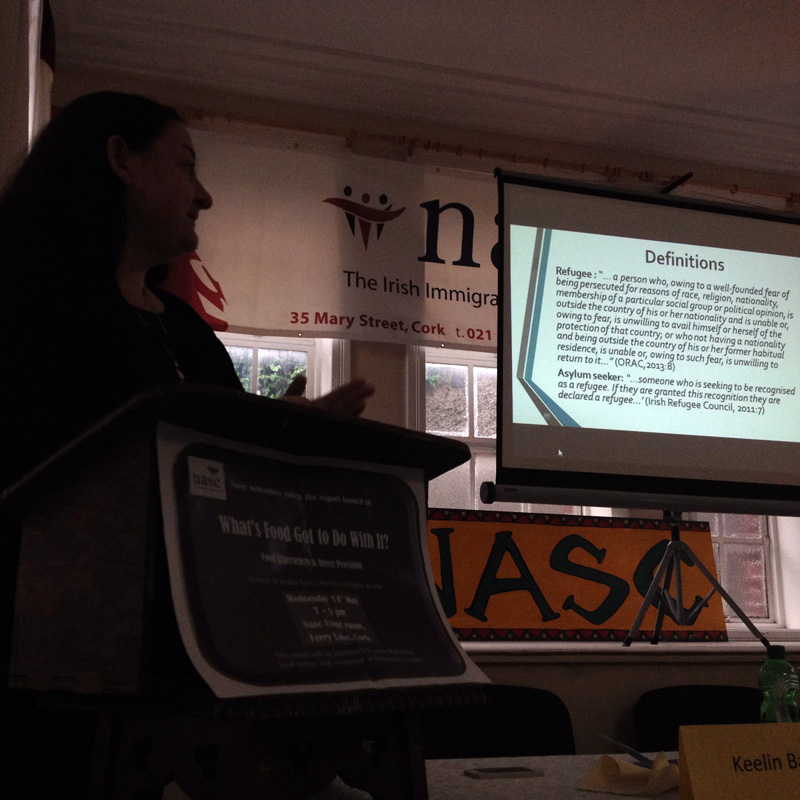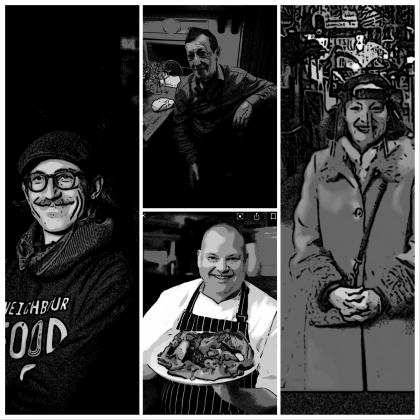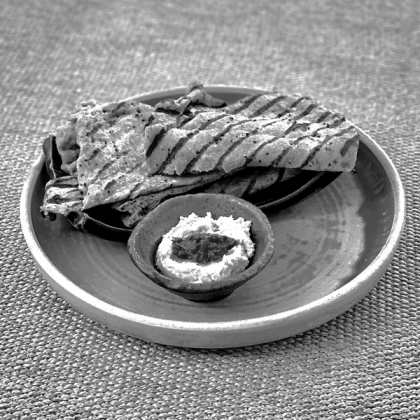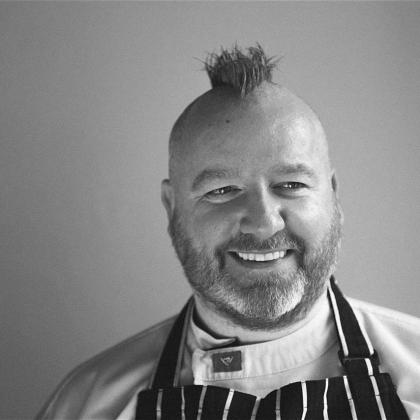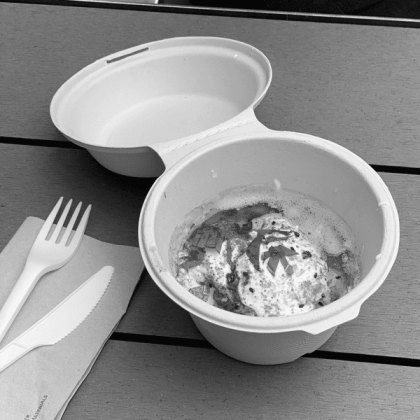Sally McKenna reports on Food Experiences of Asylum Seekers in Direct Provision, The Irish Immigrant Support Centre
So here we are, again, back in the times where something unpalatable in Irish society gets pushed to the margins. There are many echoes of the Magdalene Laundries in the way asylum seekers are treated in Ireland by the process known as Direct Provision. This was one of the comments made at the night of the launch of What’s Food Got To Do With It: Food Experiences of Asylum Seekers in Direct Provision, by Keelin Barry, published by Nasc, the Irish Immigrant Support Centre.
The launch took the form of a panel of speakers, including Keelin Barry, author of the report, Fiona Finn from Nasc, our own John McKenna, and Edith, a survivor of the Direct Provision system, who spoke with incredible dignity about her experiences.
Fiona Finn began the evening, giving the harsh facts of life as an asylum seeker in Ireland. Only two of the centres allow self-catering, otherwise food is supplied by private operators. There are more than 4,000 people in the system, more than our entire prison population. We are way way behind the recognised EU standard of care for these victims. Asylum seekers are given €19.10 per week per adult to live on, with €9.60 per child. A number of families have been languishing in these centres for more than seven years.
John spoke about the basic human right to cook, how cooking makes us human and defines our culture. How fundamental it is to be able to cook and provide for one’s children – the children in these centres have never experienced their parents cook a meal – and how the denial of these rights is cruel, inhuman and degrading, and thus a breach of fundamental human rights as laid down in Article 5 of the 1948 Universal Declaration of Human Rights. There was a grimace as John pointed out that the only way to get an Irish welcome as a visitor these days was to arrive in a converted Boeing 757.
Keelin Barry then outlined the findings of her excellent report and bullet pointed a few of the simple cost effective recommendations that could easily be done to relieve the suffering of these citizens. Members of the audience read some of the direct quotes referenced in the report. And finally there was a brave and emotional talk from Edith, survivor of the system.
Edith spoke with passion and dignity about the experience of living through the Direct Provision system. We heard how her fellow asylum seekers became "like caged animals – you can see their hunger, see their anger. They have lost their manners." Breaking down at one point, she reported how she had never tried potatoes until coming to Ireland, and then without choice had to eat them until she became a size 28. "Like a football, with this heavyness on my chest, terrible. Since I came out I can buy fresh vegetables. I show my children 'look this is how you do it'".
"Why can't you allow us to even clean the place where we live in!?" she pleaded, answering her own question, "Just because someone wants to collect money. Why can't you allow us to cook our own food. Because someone wants to make money from it."
Going beyond food, she described the first hostel she was placed in: "The stink in the room. Cockroaches would come to you." She talked about witnessing a stabbing in the ladies bathroom, about spending her meagre stipend on chocolate instead of tampons. About hunger and about waste. It seemed like a story from another age.
Authority abuse is not something we should – once again – push to the margins. This situation is horrendous and shocking. We need to make ourselves aware of what is going on, and bring the plight of these victims to those seeking public office. Many of these people have been made so depressed by our system, that they no longer even know their own names. This abuse is happening in Ireland, today, in a town near where you live. We are all responsible.
For more information contact www.nascireland.org
Read other articles in this issue of Megabites

